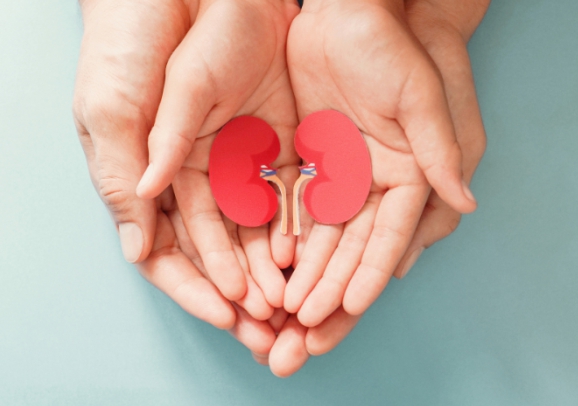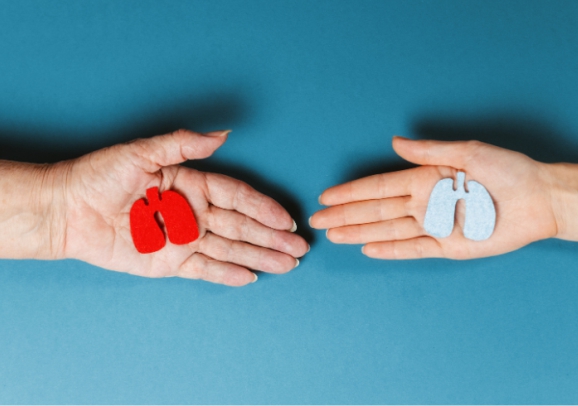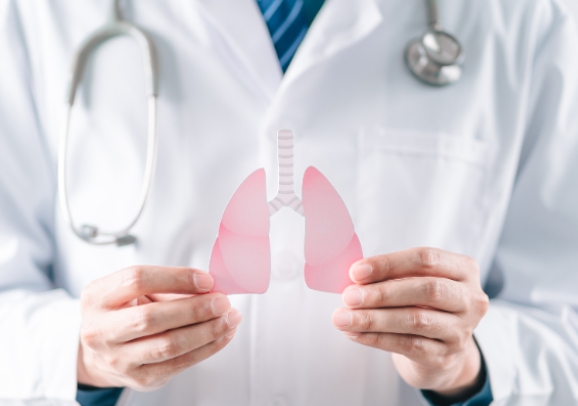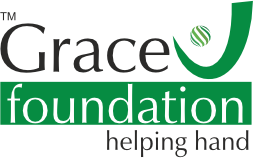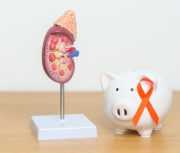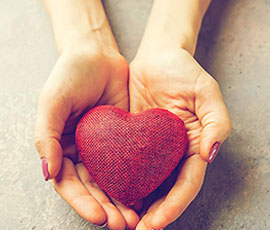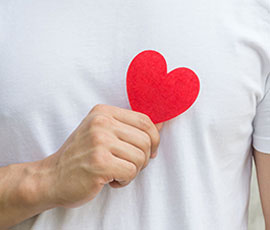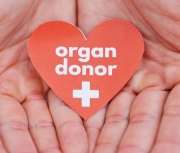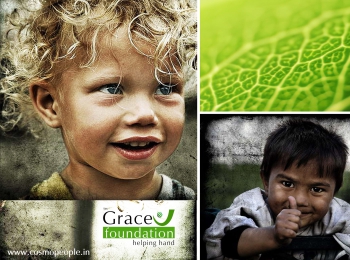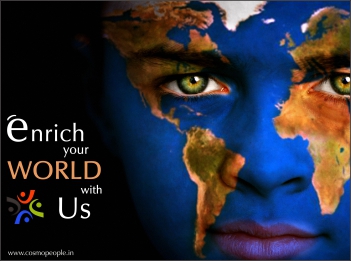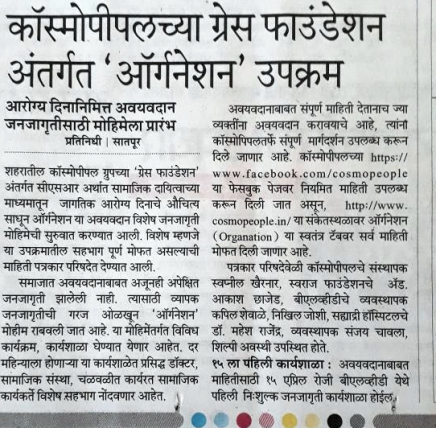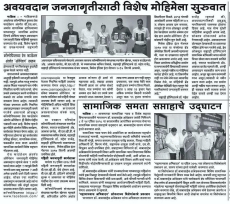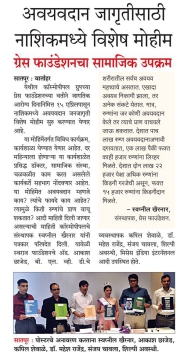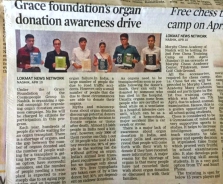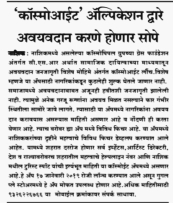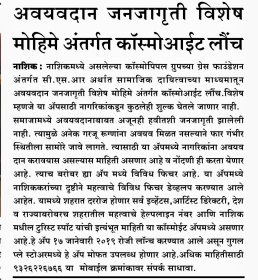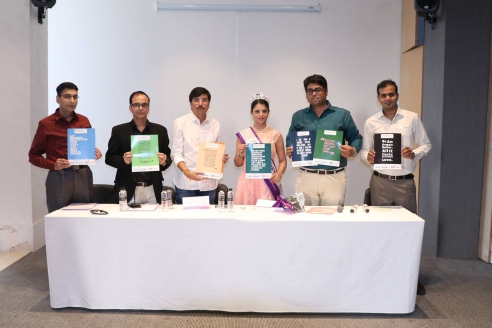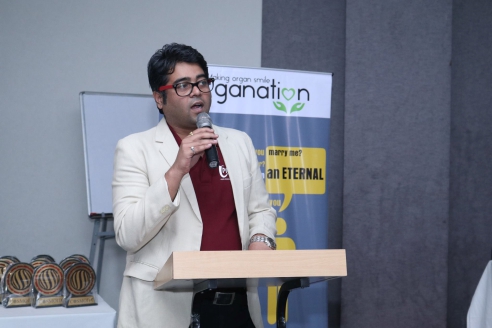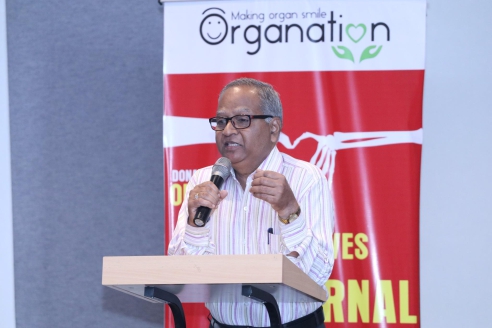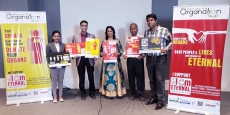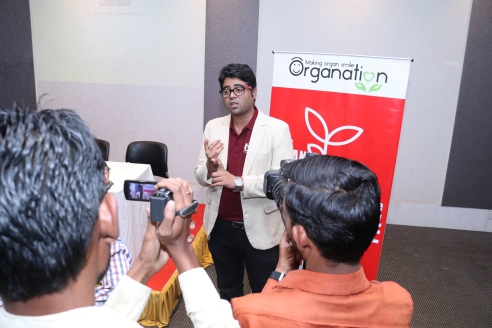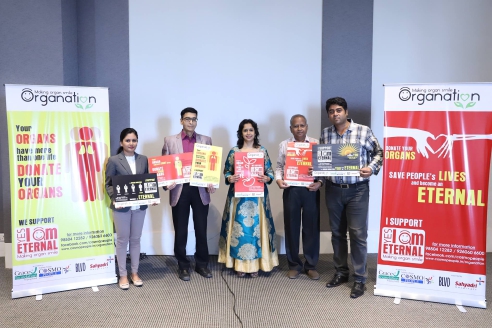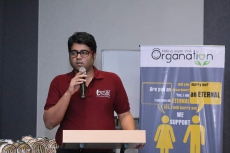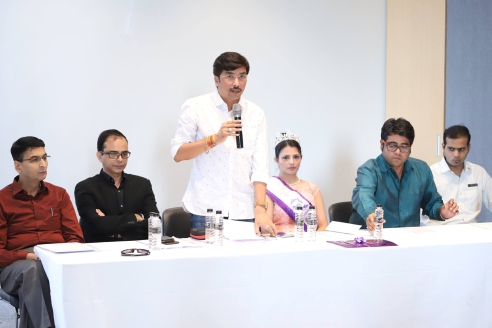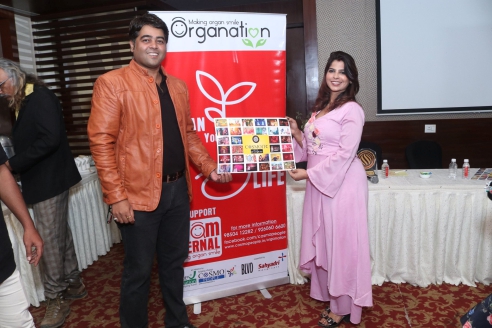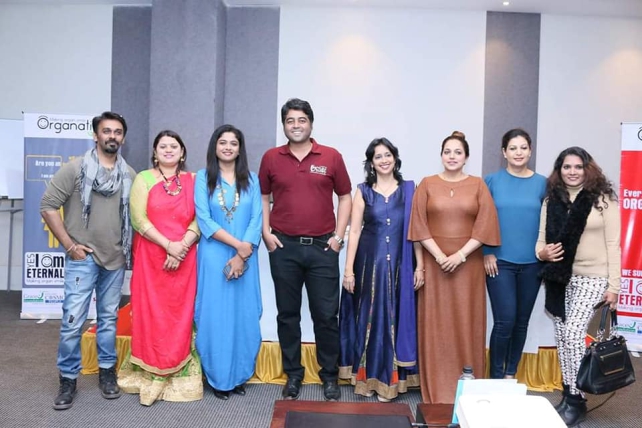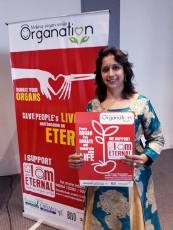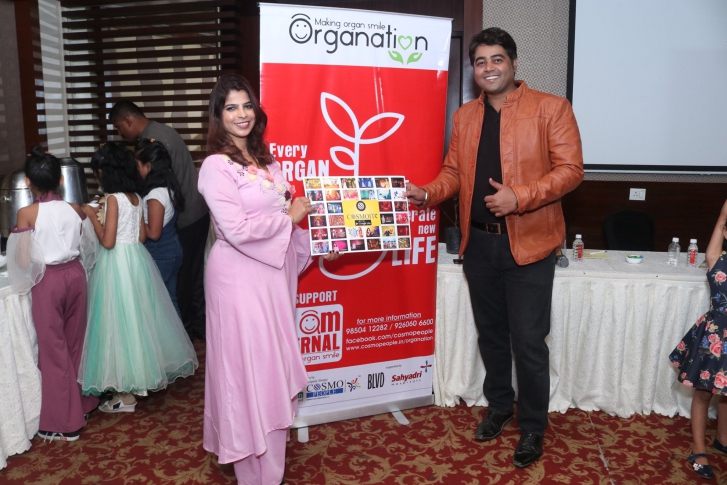We are The Global ORGAN DONATION Awareness Programme!
Transform lives with Organation, our heartfelt mission to raise awareness about organ donation, fostering hope and saving lives together
Register Now!
we serve
We serve with passion, dedicated to transforming lives through impactful initiatives, focusing on the noble cause of organ donation
we work
We work passionately, driving positive change through our commitment to organ donation awareness and transformative social care initiatives
we educate
We educate with purpose, empowering communities through informative initiatives, focusing on critical importance of organ donation.
we respond
We respond with compassion, dedicated to promoting organ donation awareness and creating a positive impact on lives through our initiatives
Who we are
We are Cosmo People, a compassionate company, driving change through Grace Foundation, dedicated to organ donation awareness and transformative initiatives
What we do
We elevate lives through Grace Foundation, spearheading impactful initiatives, with a primary focus on organ donation awareness and community well-being
How you help
You can help by becoming organ donation advocates, spreading awareness, registering with us and supporting our initiatives for a life-transforming impact
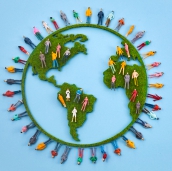
One organ donor can save up to 8 lives and enhance the lives of many others through tissue donation.
- OrganationOrgan Warriors
Yes! I am Eternal, We are Awareness Ambassadors!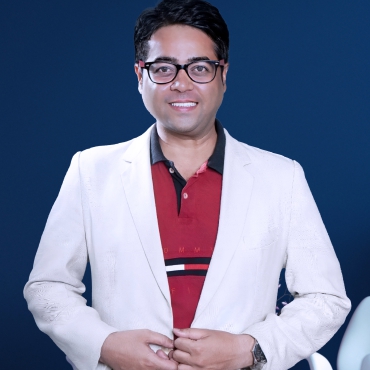
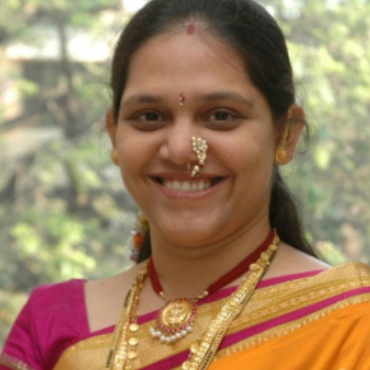
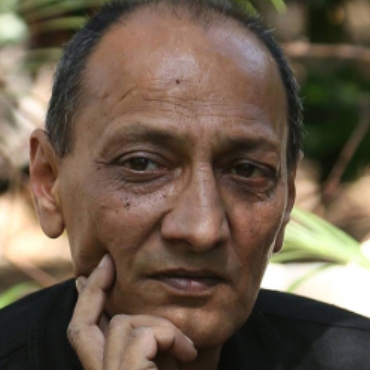
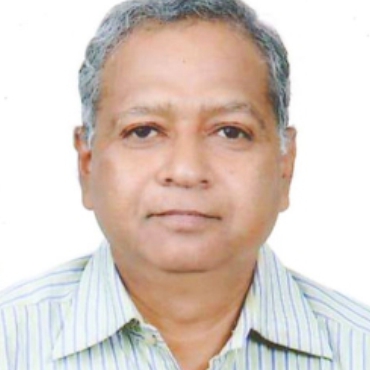

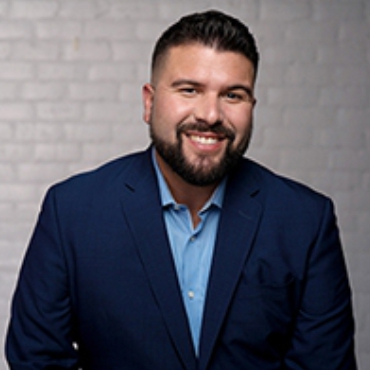



Our Priorities
Charting a Course for Impact: Unveiling Our Priorities, Guiding Communities Toward Healthier, Informed, and United Tomorrows with Grace Foundation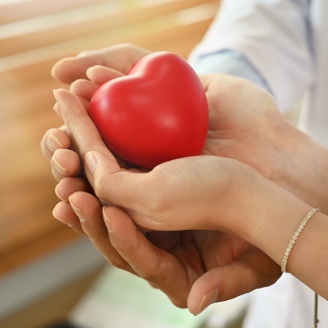
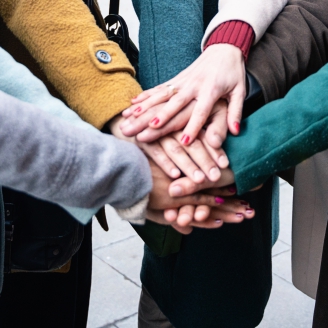
Community First
Prioritizing Health and Well-being Through Grace Foundation's Social Care Vertical Community Wellness

Educate, Inspire, Transform
Our Commitment to Informative Initiatives that Drive Meaningful Change Conversion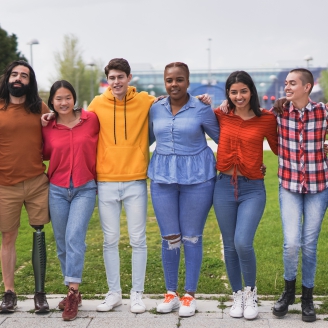
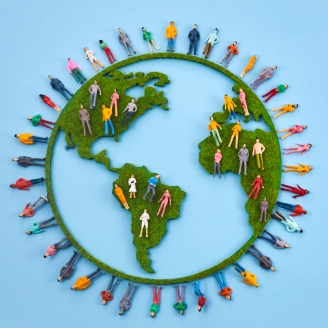
Sustainable Impact
Ensuring Long-lasting Positive Effects on Individuals and Communities through Grace Foundation's Priorities SustainablityHelping Faq's
What is Organ Donation?
Organ donation is the entire practice of retrieving a human organ from a living or deceased person, who is referred to as a Donor, and transplanting it into a recipient. The recipient will be a patient who is suffering from organ failure and who will not survive unless she/he receives an organ replacement. The process of recovering organs is called Retrieval.
What are the different types of Organ Donation?
There are two types of organ donations – Living Organ Donations & Deceased Organ Donations.
Living Organ Donation: This is when you retrieve an organ from a healthy living person and transplant it into the body of someone who is suffering from end-stage organ failure. This is commonly done in the case of a liver or a kidney failure (because the liver can grow back to its normal size and a donor can survive on one kidney).
Living donors are classified as either a near relative or a distant relative/friends etc.
A near-relative is spouse, son/daughter, brother/sister, parents, grandparents and grandchildren.
Those other than near-relative can be distant relatives and friends who will need the permission of the State Authorization Committee to donate organs. If the hospital refuses to entertain such cases, the patient may send a legal notice to the hospital for not following the Transplant Act.
Deceased Organ Donation: When we talk about pledging your organs for donation or about organ donation after death, we are talking about Deceased Organ Donation. This is an organ donation from a person who has been declared brain stem dead by a team of authorized doctors at a hospital. A person is said to be brain stem dead when there is an irreversible loss of consciousness, absence of brain stem reflexes and irreversible loss of the capacity to breathe.
A lot of people think that whenever and however they die, their organs can be donated. That is not true. In India, organ donation after death is only possible in the case of Brain stem death.
Donation after cardiac death is common in the West, but in India it is rare for donations to take place after cardiac death.
Although it is possible for organs such as the liver and the kidney to be easily donated from a living donor to a recipient, we should work towards an environment where everyone donates their organs after their deaths (if they can), so no living person should have to donate an organ to another.
What Organs Can Be Donated After Death?
All organs and tissues that are viable can be donated after a person dies.
What organs and tissues can be donated?
The impact of organ donation can vary, as it depends on the number of organs and tissues donated and the medical needs of recipients. However, a single organ donor has the potential to save or improve the lives of multiple individuals. Organs such as the heart, liver, kidneys, lungs, and others can each contribute to saving a life. Details of the organs and tissue are given below.
The following organs can be donated and transplanted:
Heart - A muscular organ that pumps blood through the body. Heart transplant is used to help those suffering from heart failure and babies born with heart defects.
Liver - A large organ that secretes bile and is active in the formation of certain blood proteins and in the metabolism of carbohydrates, fats, and proteins. Liver transplant is used to treat various conditions which cause liver failure, such as cirrhosis or liver cancer.
Kidneys - A pair of organs that maintain proper water and electrolyte balance, regulate acid-base concentration, and filter the blood of metabolic waste, which is excreted as urine. A kidney transplant may be recommended for those who have been diagnosed with end stage kidney disease.
Lungs - A pair of spongy organs that remove carbon dioxide from the blood and provide it with oxygen. Lung transplants are recommended for those with severe lung disease. Sometimes there is a combined heart and lung transplant.
Pancreas - A long, irregularly shaped gland which lies behind the stomach and aids in the digestion of proteins, carbohydrates, and fats. Pancreas transplant is indicated for those with insulin-dependent Type I diabetes.
Tissues that can be donated are:
Cornea - The outer curved transparent tissue covering the iris and pupil on the outside of the eye. Corneal transplant is a common procedure used to restore vision for those with eye diseases and corneal infections.
Skin - A tissue which protects the body from infection and injury. Skin transplants, referred to as skin grafts, are used to treat severe burns, extensive wounds and skin loss due to infection.
Heart Valves - Tissues that prevent the back flow of blood into the heart. Heart valve transplants are used to treat malfunctioning heart valves caused by infections, birth defects and aging. When an entire heart is not usable, heart valves are removed from the heart and are used for transplants .
Bones - Connective tissues that are dense, semi rigid, porous, and calcified forming the major portion of the skeleton of most vertebrates. Bone transplantation is done for reconstruction related to trauma, tumours, disease and fractures and to fill defects. For the recipient, it restores mobility, decreases pain, prevents amputation and collapse of bone.
Tendons - Tissues which attach muscles to bones. Tendon transplants are recommended for patients who have lost muscle function due to nerve injury or damage to tendons. It improves the recipient’s life and makes it pain free.
How can I be a Donor, What is the process to take donor pledge?
You can be a donor by expressing your wish/interest with us for organ and tissue donation information by filling the form hereClick Here, or send signed copy of Form7 to NOTTO at below mentioned address
Address:
NATIONAL ORGAN AND TISSUE TRANSPLANT ORGANISATION,
4th Floor, NIOP Building, Safdarjung Hospital Campus,
New Delhi-110029.
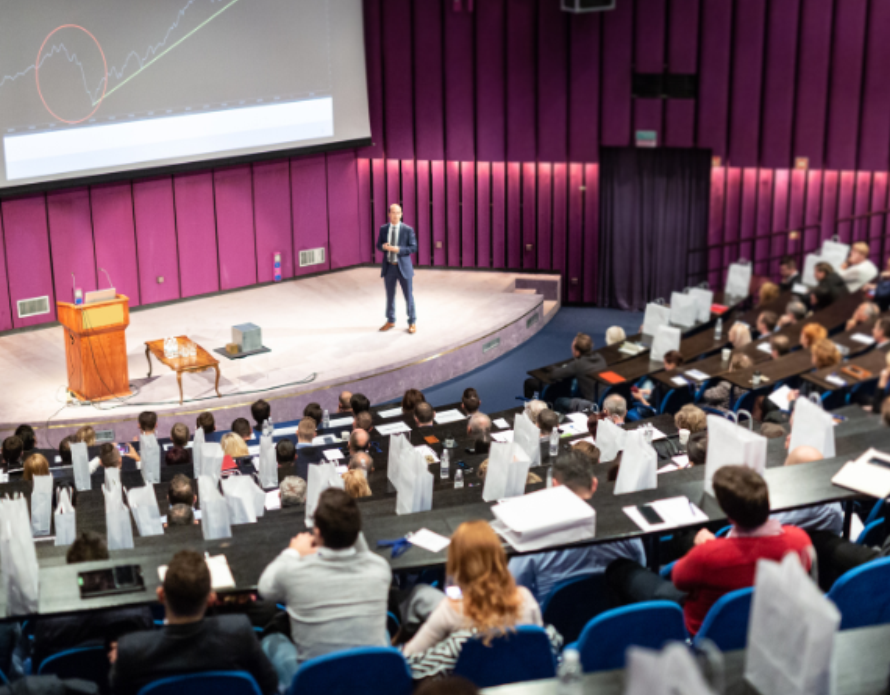
Join Us in Unveiling a Tapestry of Awareness Events
Focused on Transformative Impact and Community Empowerment, Engage in our impactful awareness events, uniting communities for organ donation, inspiring change, and fostering a healthier, informed society together
Register Now!What People Say About ORGANATION
We value your active participationKiran Morya
Organtion's noble cause touched my heart deeply. Their relentless efforts in organ donation awareness inspire hope and unity for a healthier India
Kishor Patil
Being a part of Organtion's events has opened my eyes to the significance of organ donation. Proud to contribute to such a transformative movement
Komal Bakshi
Organtion's initiatives create waves of awareness, sparking conversations that can save lives. I feel privileged to support their impactful mission for organ donation
Ritika Bumra
Organtion's commitment to organ donation awareness is truly commendable. They've educated and inspired me, contributing to a more compassionate and informed society
Rajesh Jadhav
Organtion bridges the gap between ignorance and awareness. I am grateful for their efforts in making organ donation a crucial conversation in every Indian household
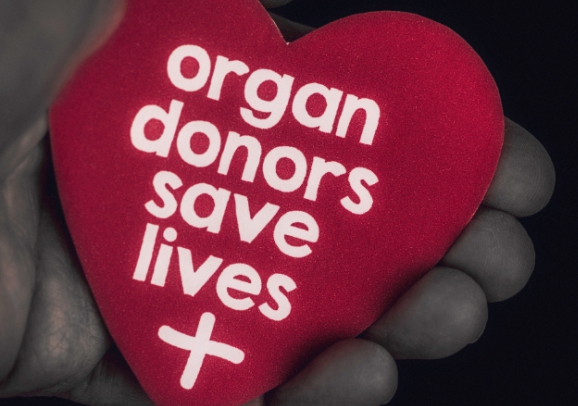
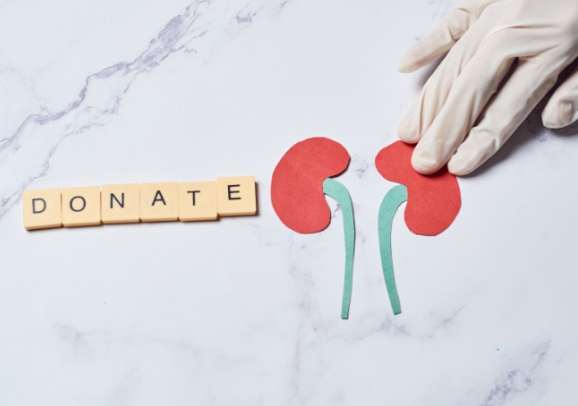
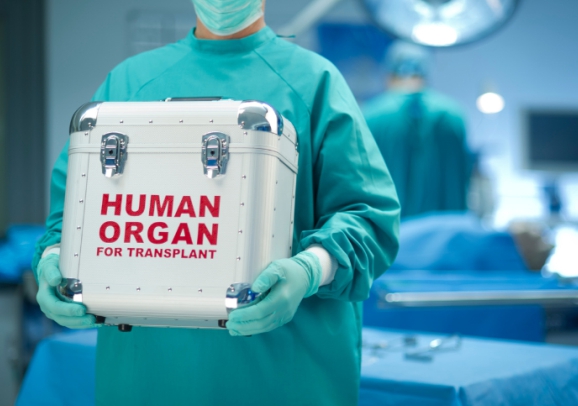
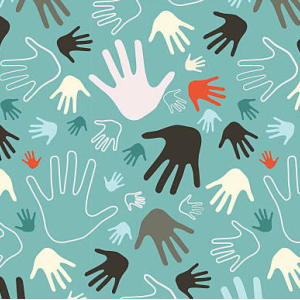
Take Action, Save Lives through Organ Donation
Embrace the power to make a difference with Organation. By supporting organ donation awareness, you're not just taking action; you're saving lives. Join us in fostering hope, promoting health, and creating a positive impact that reverberates across communities
Register Now!